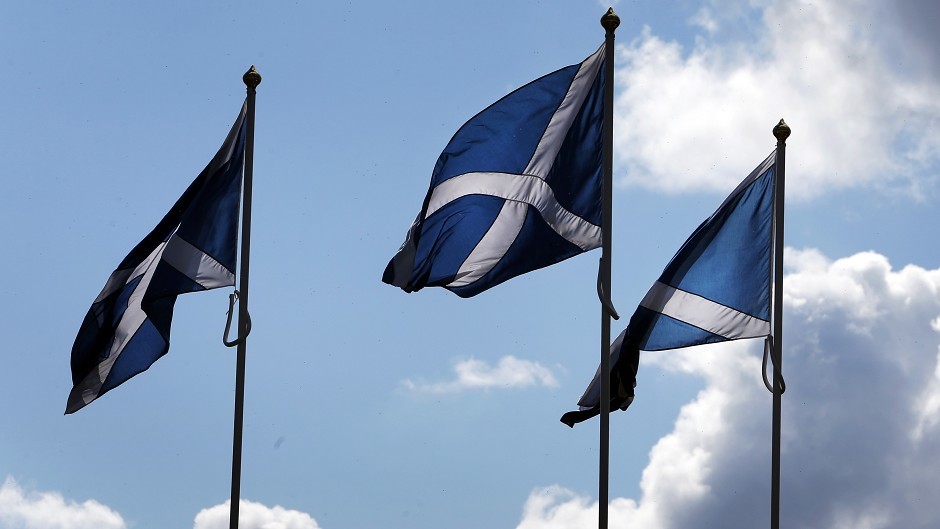The Press and Journal’s Westminster correspondent Calum Ross writes about what Thursday’s referendum means for Scotland and the UK in the long term…
Scotland has moved a significant step closer to independence, whatever the referendum result.
When it became inevitable that there would be a vote on the nation’s future about three years ago, Westminster insiders privately discussed the margin of victory they would need to kill-off the SNP’s dream once-and-for-all.
Many suggested the target should be a No vote of about 70-80%, with the fear being that the constitutional issue would never go away unless such a threshold was reached.
A year ago, such a resounding victory still remained more likely than what we now witness on the eve of the ballot – polls effectively showing the race is a statistical dead heat.
The future of the nation hangs in the balance, but it seems certain there will not be the kind of decisive reaffirmation for the Union that many had targeted.
If the No campaign scrapes through, there will be relief among their ranks, and more than likely some celebrations across Britain and in many boardrooms.
But it is really Yes supporters who should be the happier of the two, once the disappointment of having come so close subsides.
Fifteen years ago, few people in Scotland seriously considered that independence could be a viable prospect in their lifetimes. No-one was really speaking about it, including the SNP.
The newly-opened Scottish Parliament was occupying minds, having been created by Labour in part to “kill nationalism stone dead”.
That prediction – made by George Robertson – is already widely recited as a joke.
Support for the SNP has grown and grown since Holyrood opened in 1999, culminating in the 2011 landslide victory that made an independence referendum certain, with its manifesto commitment endorsed by the voters.
And during the referendum campaign, thousands of Scots have been converted to its vision of a new state, making the prospect of electoral gains for the nationalists next year at Westminster, and a third term in power at Holyrood from 2016, now fairly likely in spite of a No vote.
The debate has also now ensured that every time a controversial decision is made at Westminster in the future, Scots will consider independence as an alternative option, in a way they did not before.
A vote for the UK to leave the EU in 2017 could be the first major test of this, particularly if a majority of Scots support remaining as a member.
Alex Salmond would not have believed what was about to unfold if you had told him three-and-a-half years ago.
A few weeks before the 2011 Scottish elections, he told the Press and Journal the “immediate target” for a re-elected SNP government would be gaining more powers for Holyrood.
Now, with Scotland almost on the brink of independence in the last days of the campaign, it is the three main UK party leaders who are pleading with Scots to accept their promise of more devolution.
In doing so, they have unleashed growing demands in England for more autonomy, including possibly banning Scottish MPs from votes on English-only matters.
If Scots vote No tomorrow, they will get their third round of devolution in just 15 years.
But if the promise from the UK leaders does work, and there is a No vote, it is not a trick that can easily be repeated.
Scotland will be pretty much as devolved as it can be if the Union is going to function properly.
The next time the issue is considered – whether it is in five, 10, 15 or 20 years – it will most likely be a straight choice between independence and the status quo.
Unionists may hope that the new powers will quench Scotland’s thirst for more control over its affairs, and that this referendum really is a once-in-a-lifetime chance for the SNP, before Mr Salmond bows out of politics and the “Braveheart generation” grows old.
But given the pace of change in Scotland since the turn of the century – and even just in the last four weeks – that hope now seems forlorn.
